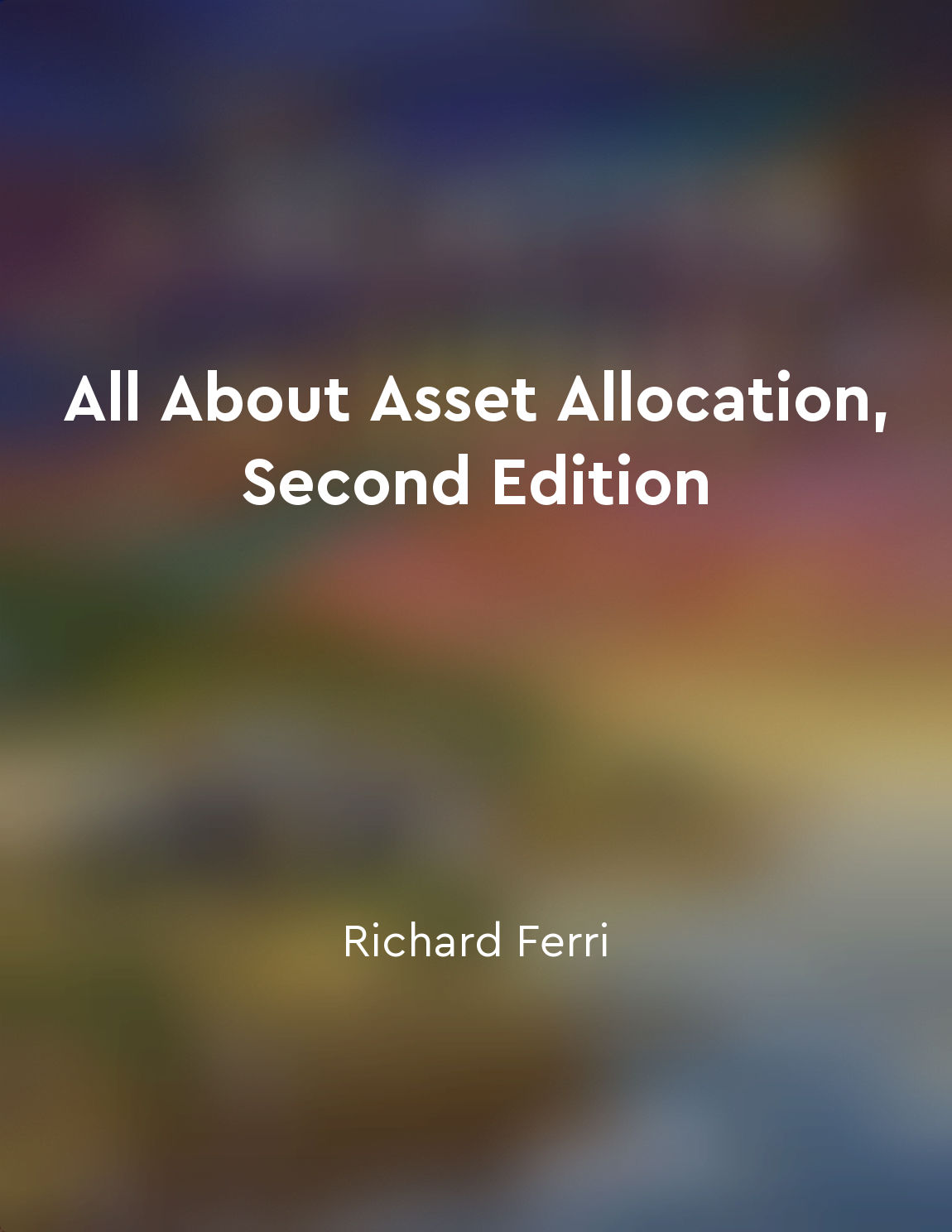Traders may suffer from overconfidence bias from "summary" of Advances in Behavioral Finance by Richard H. Thaler
The overconfidence bias is a common psychological phenomenon that affects traders in financial markets. This bias leads individuals to believe that they have more knowledge and skill than they actually possess, causing them to take excessive risks in their trading activities. As a result, traders may make poor investment decisions based on their inflated sense of ability, leading to financial losses. Traders who suffer from overconfidence bias tend to overestimate their ability to predict market movements and make profitable trades. They may disregard important information or fail to conduct thorough research before making investment decisions, believing that their intuition or past success is enough to guide them. This overconfidence can lead traders to ignore warning signs or dismiss feedback from others, further exacerbating their losses. Moreover, traders who are overconfident may engage in excessive trading or take on too much risk in pursuit of higher returns. This behavior can result in significant financial losses, as traders may not adequately consider the potential downside of their actions. Instead of carefully evaluating the risks and rewards of each trade, overconfident traders may act impulsively and without proper consideration of the consequences.- The overconfidence bias can also lead traders to hold on to losing investments for too long, in the hope that the market will eventually turn in their favor. This reluctance to admit mistakes or accept losses can further compound their financial losses and prevent them from making rational decisions. Ultimately, the overconfidence bias can have a detrimental impact on traders' financial well-being and overall performance in the market.
Similar Posts
Taking calculated risks can lead to higher returns in the stock market
Taking calculated risks in the stock market is a strategy that many successful investors employ to achieve higher returns. By c...

Global asset allocation spreads risk across different economies
Global asset allocation is a strategy that involves spreading investments across different economies around the world. By diver...
The morality of profiting from others’ misfortune
The idea of profiting from others’ misfortune raises ethical questions that strike at the heart of the financial system. In the...
Seeking professional advice can be beneficial
When it comes to managing our finances, seeking professional advice might not be the first thing that comes to mind. We often b...
Diversify your investment portfolio for risk management
One key strategy to consider when investing in the stock market is to spread your investments across a variety of different ass...

Prepare for a potential market downturn
Preparing for a potential market downturn is crucial for protecting your financial well-being. It involves taking proactive ste...
Practice sound money management techniques
Sound money management techniques are essential for success in the forex market. This means effectively managing your capital t...
Financial innovation often precedes periods of excessive speculation
Financial innovation, that is, the development of new financial instruments, arrangements, or techniques, tends to occur in the...

A simple lifestyle can lead to greater financial security
Living a simple lifestyle may seem like a sacrifice to some, but it can actually be a powerful tool for achieving financial sec...

Realistic selfassessment is crucial
Realistic self-assessment is crucial. It is the cornerstone upon which all other aspects of our confidence are built. Without a...

